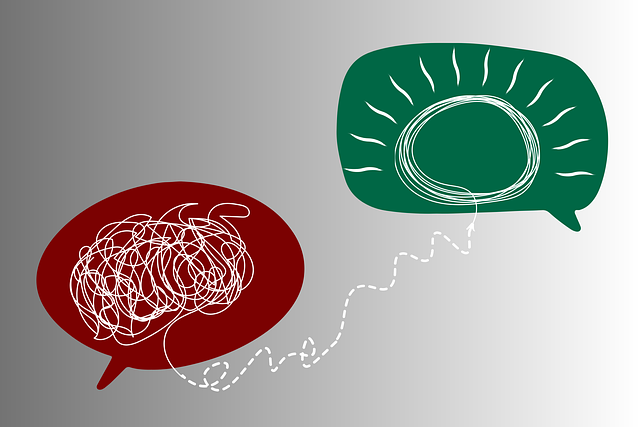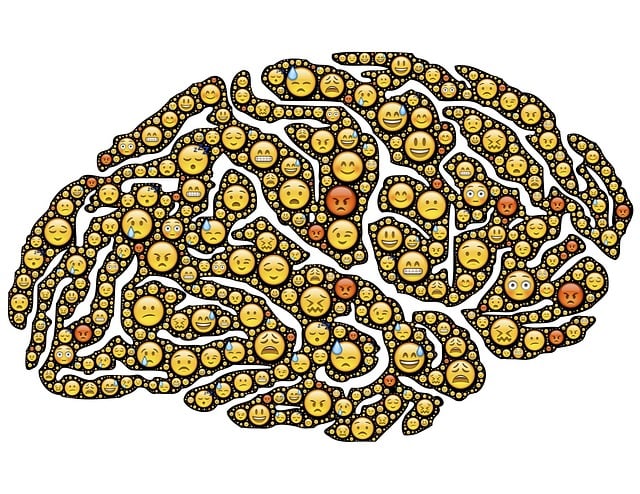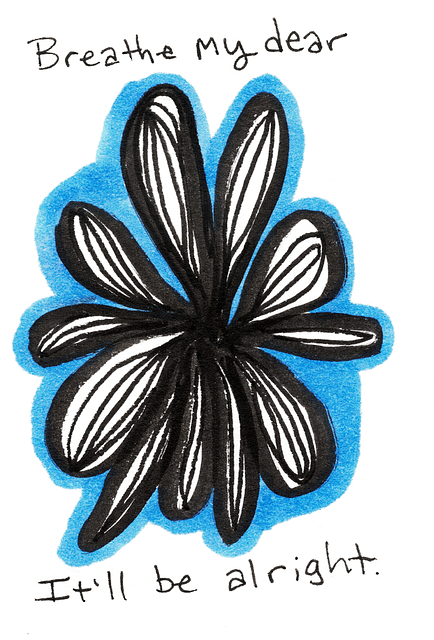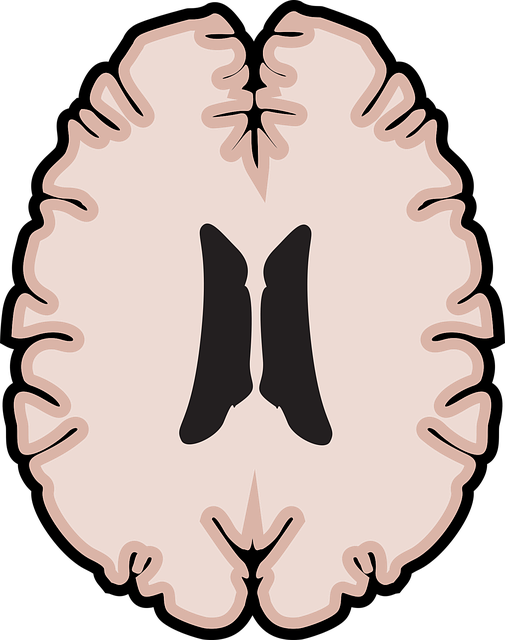Aurora Conduct Disorder Therapy emphasizes crisis intervention as a cornerstone for successful treatment. By identifying red flags through mental wellness journaling and integrating evidence-based techniques like CBT, therapists manage acute situations and promote long-term recovery. Public Awareness Campaigns educate the public about conduct disorders while targeted interventions focus on post-crisis care, empowering individuals to develop resilience and cope effectively. This holistic approach, combining evidence-based strategies with proactive wellness programs, is key to Aurora Conduct Disorder Therapy's effectiveness in mitigating crises and fostering personal growth.
In times of crisis, effective intervention can be a lifeline. This comprehensive guide explores crucial strategies for navigating mental health emergencies, with a focus on Aurora Conduct Disorder Therapy’s proven approach. From recognizing red flags like aggressive or destructive behaviors to implementing evidence-based de-escalation techniques, we equip readers with essential tools. Additionally, we delve into post-crisis care, emphasizing the importance of recovery support, resilience building, and preventing future occurrences, all integral to Aurora Conduct Disorder Therapy’s holistic framework.
- Understanding Crisis Intervention: A Cornerstone of Aurora Conduct Disorder Therapy
- Identifying Red Flags: Recognizing Behaviors That Signal a Need for Immediate Support
- Evidence-Based Strategies: Practical Techniques to De-escalate and Intervene Effectively
- Post-Crisis Care: Supporting Recovery, Rebuilding Resilience, and Preventing Recurrence
Understanding Crisis Intervention: A Cornerstone of Aurora Conduct Disorder Therapy

Crisis intervention strategies are a cornerstone of effective therapy, particularly in treating conduct disorders like Aurora Conduct Disorder Therapy. Understanding these strategies is vital to addressing the immediate needs of individuals facing acute crises and preventing further escalation. In the context of Aurora Conduct Disorder Therapy, crisis intervention guides therapists through complex situations, ensuring safety for both the client and those around them.
By integrating techniques from various therapeutic approaches, therapists equipped with crisis intervention skills can foster positive thinking and promote healthy coping mechanisms. This proactive approach not only helps individuals navigate their current crises but also contributes to long-term recovery and burnout prevention. Public Awareness Campaigns Development plays a crucial role in educating the public about these strategies, fostering empathy and support for those struggling with conduct disorders.
Identifying Red Flags: Recognizing Behaviors That Signal a Need for Immediate Support

Identifying red flags is a crucial step in crisis intervention. Behaviors such as extreme mood swings, sudden changes in routine, or withdrawal from social interactions can signal a deeper issue. In the context of Aurora Conduct Disorder Therapy, recognizing these signs early allows for prompt intervention and support. Mental wellness journaling exercises can be an effective tool to track these patterns, providing valuable insights into an individual’s state of mind.
By integrating Mind Over Matter principles, individuals can develop inner strength to navigate challenging situations. Encouraging a consistent mental wellness journal practice enables one to reflect on triggers, identify coping mechanisms, and foster resilience. This proactive approach not only aids in crisis prevention but also empowers individuals to take control of their emotional well-being, ultimately enhancing their ability to seek appropriate guidance when needed.
Evidence-Based Strategies: Practical Techniques to De-escalate and Intervene Effectively

In the realm of crisis intervention, evidence-based strategies have proven to be game-changers in effectively de-escalating and addressing high-pressure situations. These techniques, rooted in scientific research, offer a structured approach to helping individuals navigate turbulent times. For instance, practices like cognitive-behavioral therapy (CBT) empower folks to identify and challenge negative thought patterns, fostering a sense of control during crises.
The integration of self-care practices, resilience building, and stress management workshops within these strategies further enhances their efficacy. Techniques tailored for Aurora Conduct Disorder Therapy, for example, focus on teaching individuals coping mechanisms that promote emotional regulation and healthy behavior. By combining evidence-based interventions with holistic wellness programs, organizations can create supportive environments that encourage recovery and personal growth, especially in the face of challenging circumstances.
Post-Crisis Care: Supporting Recovery, Rebuilding Resilience, and Preventing Recurrence

After a crisis event, providing immediate support is only the first step. Post-crisis care plays a pivotal role in guiding individuals and communities toward recovery, rebuilding resilience, and preventing future occurrences. This phase involves tailored interventions to address the unique needs of those affected, focusing on both individual and collective healing.
Aurora Conduct Disorder Therapy, for instance, offers specialized services that cater to trauma support, emotional regulation, and resilience building. These strategies aim to help individuals process their experiences, develop coping mechanisms, and regain a sense of control. By fostering emotional resilience, individuals become better equipped to navigate challenging situations, reducing the likelihood of future crises. Such comprehensive care ensures that the impact of a crisis is not only managed but also minimized over time.
In light of the above discussions, it’s clear that effective crisis intervention strategies are a vital component of any comprehensive therapy program, particularly in addressing conduct disorders like those seen in the Aurora Conduct Disorder Therapy context. By recognizing red flags, employing evidence-based techniques, and providing post-crisis care, professionals can significantly enhance de-escalation efforts and promote positive outcomes for individuals facing behavioral crises. This strategic guidance empowers caregivers and therapists to navigate challenging situations, fostering resilience and preventing recurrence.














